More from CafeMom: 15 Seriously Flexible Breatfeeding Babies Doing #Gymnurstics Nothing can truly prepare an expectant mother to nurse a baby quite like actually breastfeeding, but that doesn’t mean new moms aren’t going to have questions. And some of those questions might feel, um, embarrassing or silly … but they shouldn’t be! Nursing is hard to get right, especially on the first attempt when babies often have trouble latching. There’s no shame in asking for a little help, especially in the first months of nursing. More from CafeMom: 14 Amazing Photos of Moms Breastfeeding Wherever & Whenever They Want We caught up with some lactation consultants to get answers to those burning breastfeeding questions many expectant and new mothers are dying to know, but might not want to ask. Because there are no silly questions when it comes to being a new mom! iStock.com/SolStock — Deedra Franke, certified lactation consultant “[Also], milk production can change in amount and volume during the pregnancy, so it is important to ensure your baby is getting enough milk. Monitoring wet diapers is a good indicator your baby is getting enough. Your pediatrician [should] check the baby’s weight gain as well.” — Alison Mitzner, board certified pediatrician – Deedee Franke, registered nurse and board certified lactation consultant * More from CafeMom: 23 Celeb Moms Openly Breastfeeding Like it’s NBD (Because It’s Not) “Is the donor deemed healthy and free of diseases that have potential to pass into milk (there’s not many that are contraindicated, but HIV, hepatitis B, and cytomegalovirus are of utmost concern). Is she on any medications, and if so, what is the risk category? Was she sober or on any other drugs at the time of pumping? Was the milk handled, stored, and shipped properly as to reduce possible contamination? Has she traveled recently? “Now, if you are talking about drinking straight from the tap, then you also need to think about conditions that may surface on the skin that may come in contact with the baby, such as a herpes lesion. Not to be overlooked is the intimacy and bonding experienced during feeding sessions. The last thing that a new mother needs are feelings of jealousy, resentment, and inadequacy. Barring all this, milk sharing can be an excellent, healthy option.” — Sara Lobato, registered nurse and International Board Certified Lactation Consultant “Also, if supplementing with formula, this can mean the supply is low or that it becomes low from the supplementing.” — Leigh Anne O’Connor, International Board Certified Lactation Consultant and former president of the New York Lactation Consultant Association (NYLCA)* — Leigh Anne O’Connor, International Board Certified Lactation Consultant* and former president of the New York Lactation Consultant Association (NYLCA)* More from CafeMom: 15 Celeb Mom Breastfeeding Moments That Made Us Want to Stand Up & Cheer “Breastfeeding moms should minimize alcohol intake, limiting occasional alcohol consumption to 1-2 drinks. Mom can resume nursing as soon as she feels neurologically normal.” — Lindsey Janeiro, certified lactation counselor and registered dietitian — Leigh Anne O’Connor, International Board Certified Lactation Consultant* and former president of the New York Lactation Consultant Association (NYLCA)* — Leigh Anne O’ Connor, International Board Certified Lactation Consultant and former president of the New York Lactation Consultant Association (NYLCA)** More from CafeMom: Photographer Proves ‘Fed Is Best’ With Powerful Photo Series — Alison Mitzner, board certified pediatrician — Deedra Franke, certified lactation consultant — Megan Davidson, PhD, Brooklyn Doula, certified breastfeeding counselor, and childbirth educator More from CafeMom: 10 Natural Ways to Increase Your Breast Milk Supply — Dr. Emily Scott, pediatric hospitalist at Indiana University Health Methodist Hospital in Indianapolis, Indiana — Dr. Emily Scott, pediatric hospitalist at Indiana University Health Methodist Hospital in Indianapolis, Indiana “If you’re going to drink alcohol while nursing, limit yourself to one drink immediately after nursing or pumping and try to wait two hours before feeding your baby again. One drink will probably not cause any problems for your little one, but chronic, repeated exposures may have an effect on your baby’s long-term health and can decrease your own milk supply.” — Dr. Emily Scott, pediatric hospitalist at Indiana University Health Methodist Hospital in Indianapolis, Indiana More from CafeMom: 15 Things We’re Sorry We Ever Judged Moms for Doing — Leigh Anne O’Connor, International Board Certified Lactation Consultant and former president of the New York Lactation Consultant Association (NYLCA)** — Emily Silver, certified lactation counselor and nurse practitioner, Boston NAPS cofounder More from CafeMom: 13 Genius Breastfeeding Hacks to Make Life as a Nursing Mom So Much Easier — Wendy Wright, International Board Certified Lactation Consultant* and designer of 16 Minute Club, a breastfeeding subscription box for nursing moms* More from CafeMom: 15 Dads Share Their Brutally Honest Feelings About Breastfeeding — Dr. Kameelah Phillips, board certified obstetrician and gynecologist, lactation consultant, and founder of OBaby!, an online destination for parent education and baby planning More from CafeMom: ‘I Breastfed Two Babies After Cancer’ — One Mom’s Story — Dr. Emily Scott, pediatric hospitalist at Indiana University Health Methodist Hospital in Indianapolis, Indiana “Discuss dairy introduction with your pediatrician, especially if there are any concerns of lactose intolerance or dairy allergy. When you do introduce yogurt, be sure to use full fat (made from whole milk) yogurt and to purchase a plain variety. Flavored yogurts, even those marketed as baby yogurts, have added sugars that are unnecessary for baby.” — Lindsey Janeiro, certified lactation counselor and registered dietitian

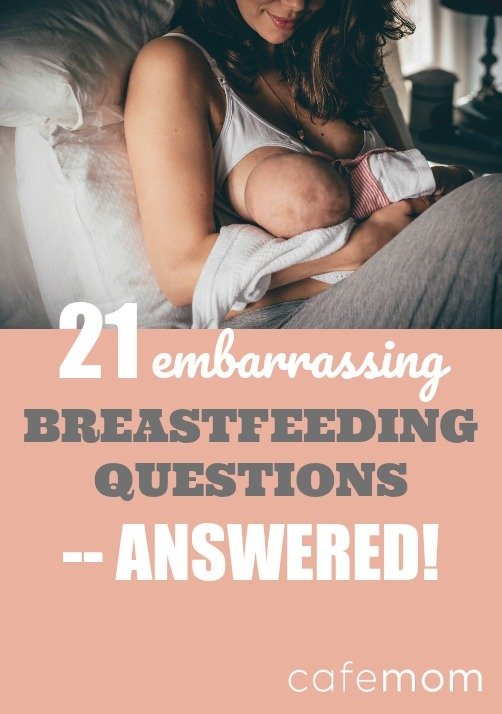

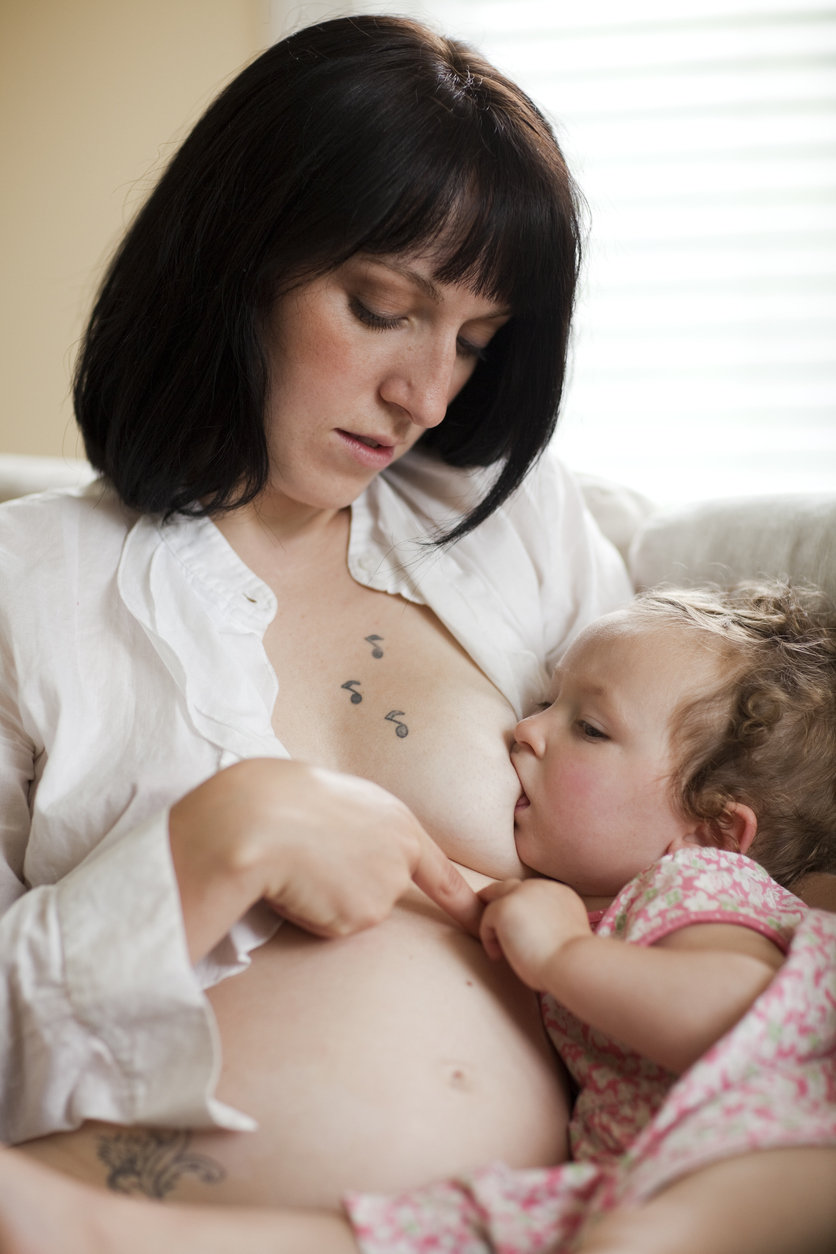


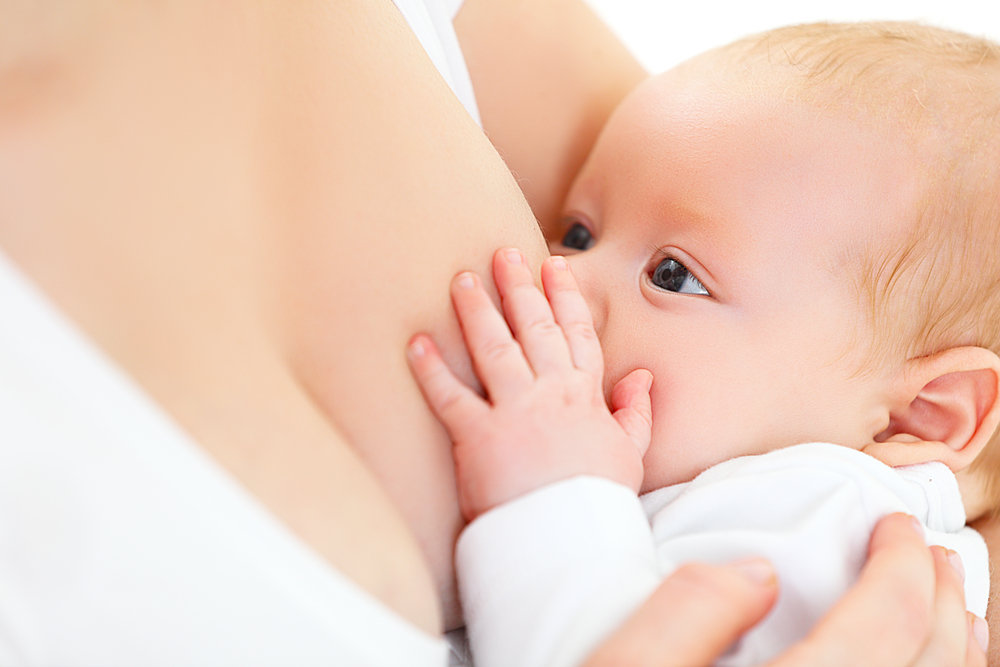


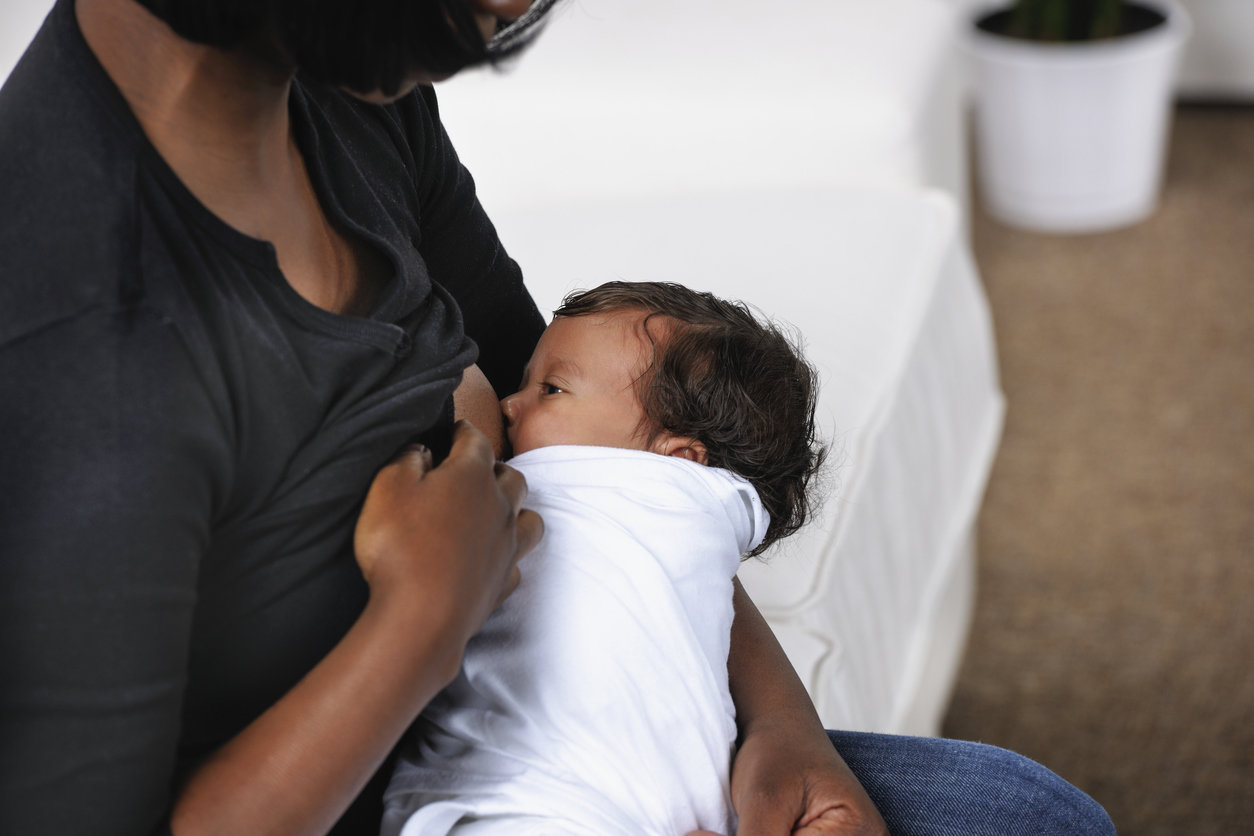
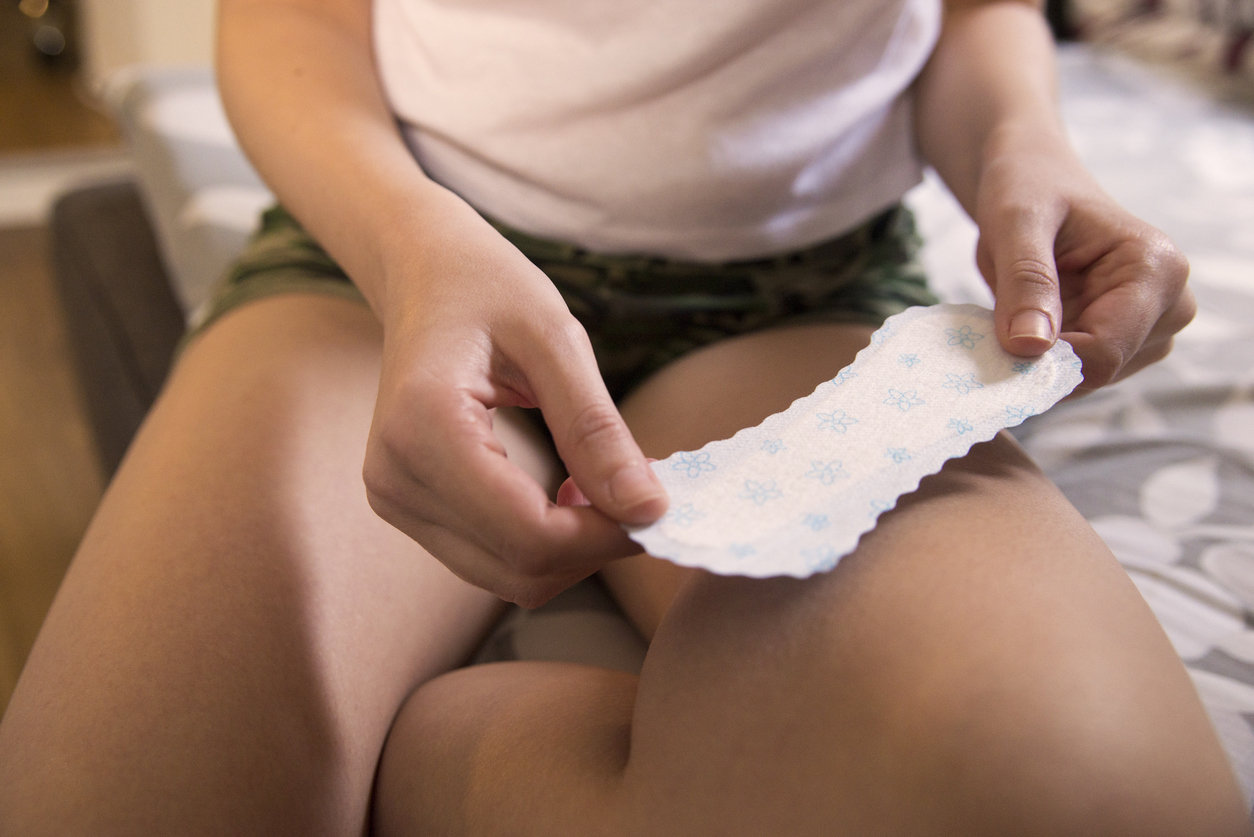






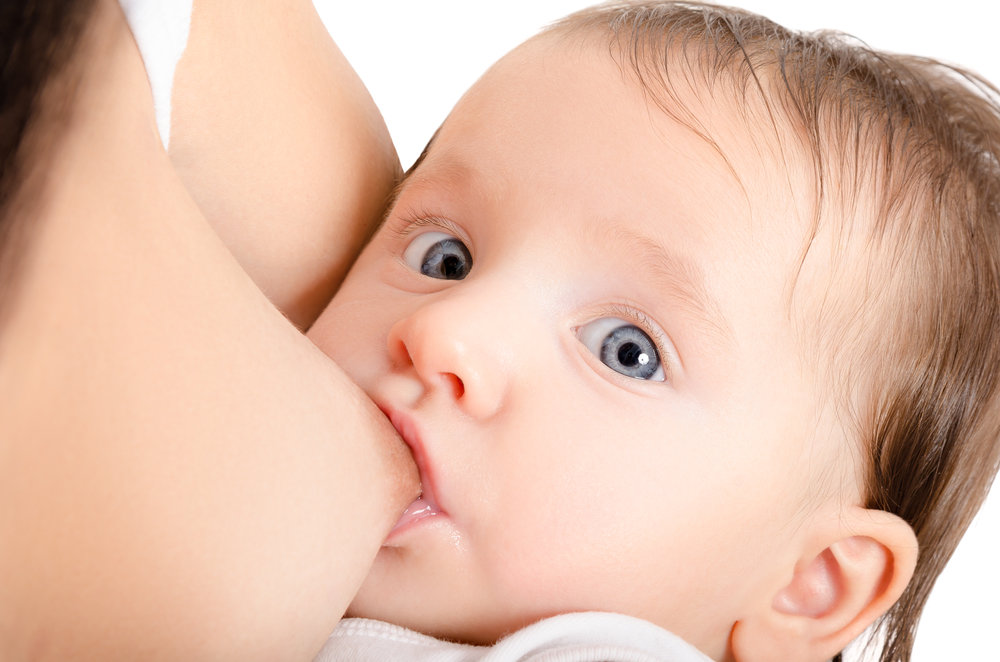



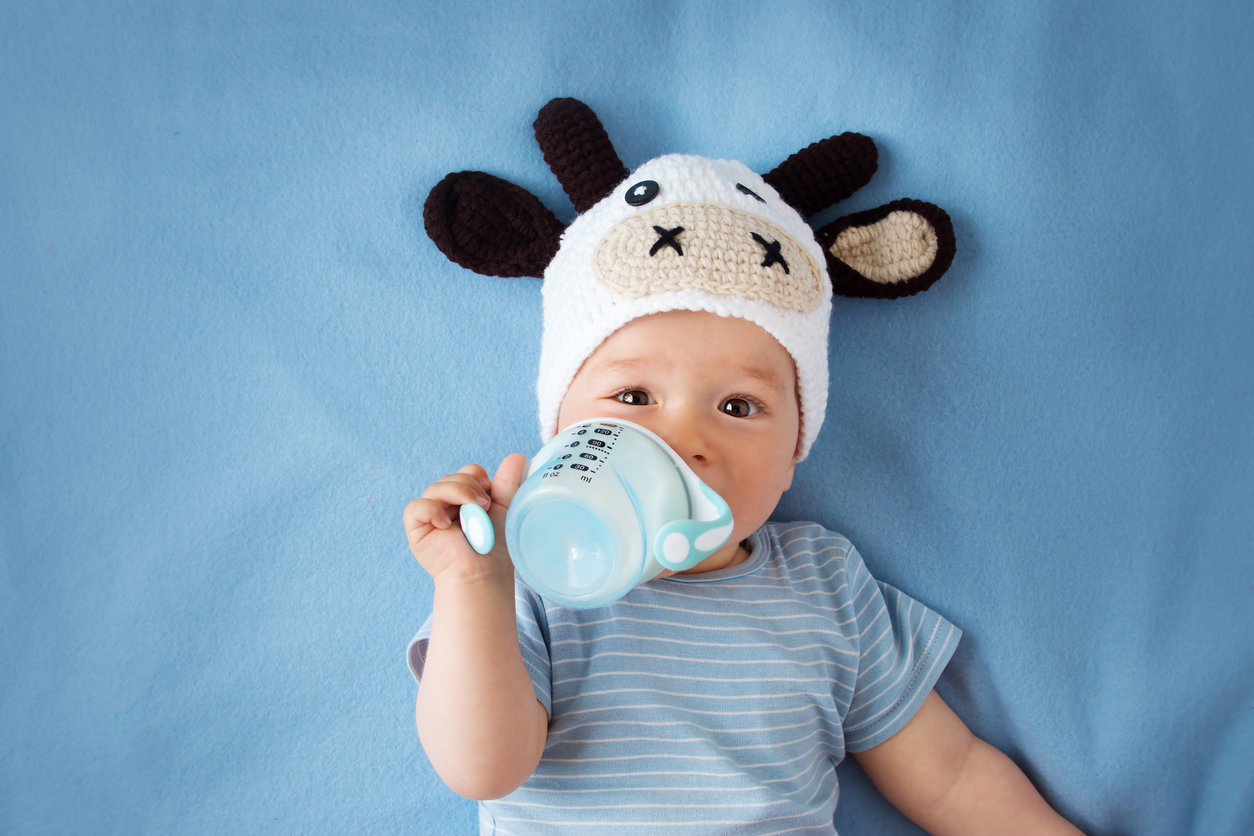

title: “21 Answers To The Breastfeeding Questions Women Are Too Embarrassed To Ask” ShowToc: true date: “2024-10-11” author: “David Howard”
More from CafeMom: 15 Seriously Flexible Breatfeeding Babies Doing #Gymnurstics Nothing can truly prepare an expectant mother to nurse a baby quite like actually breastfeeding, but that doesn’t mean new moms aren’t going to have questions. And some of those questions might feel, um, embarrassing or silly … but they shouldn’t be! Nursing is hard to get right, especially on the first attempt when babies often have trouble latching. There’s no shame in asking for a little help, especially in the first months of nursing. More from CafeMom: 14 Amazing Photos of Moms Breastfeeding Wherever & Whenever They Want We caught up with some lactation consultants to get answers to those burning breastfeeding questions many expectant and new mothers are dying to know, but might not want to ask. Because there are no silly questions when it comes to being a new mom! iStock.com/SolStock — Deedra Franke, certified lactation consultant “[Also], milk production can change in amount and volume during the pregnancy, so it is important to ensure your baby is getting enough milk. Monitoring wet diapers is a good indicator your baby is getting enough. Your pediatrician [should] check the baby’s weight gain as well.” — Alison Mitzner, board certified pediatrician – Deedee Franke, registered nurse and board certified lactation consultant * More from CafeMom: 23 Celeb Moms Openly Breastfeeding Like it’s NBD (Because It’s Not) “Is the donor deemed healthy and free of diseases that have potential to pass into milk (there’s not many that are contraindicated, but HIV, hepatitis B, and cytomegalovirus are of utmost concern). Is she on any medications, and if so, what is the risk category? Was she sober or on any other drugs at the time of pumping? Was the milk handled, stored, and shipped properly as to reduce possible contamination? Has she traveled recently? “Now, if you are talking about drinking straight from the tap, then you also need to think about conditions that may surface on the skin that may come in contact with the baby, such as a herpes lesion. Not to be overlooked is the intimacy and bonding experienced during feeding sessions. The last thing that a new mother needs are feelings of jealousy, resentment, and inadequacy. Barring all this, milk sharing can be an excellent, healthy option.” — Sara Lobato, registered nurse and International Board Certified Lactation Consultant “Also, if supplementing with formula, this can mean the supply is low or that it becomes low from the supplementing.” — Leigh Anne O’Connor, International Board Certified Lactation Consultant and former president of the New York Lactation Consultant Association (NYLCA)* — Leigh Anne O’Connor, International Board Certified Lactation Consultant* and former president of the New York Lactation Consultant Association (NYLCA)* More from CafeMom: 15 Celeb Mom Breastfeeding Moments That Made Us Want to Stand Up & Cheer “Breastfeeding moms should minimize alcohol intake, limiting occasional alcohol consumption to 1-2 drinks. Mom can resume nursing as soon as she feels neurologically normal.” — Lindsey Janeiro, certified lactation counselor and registered dietitian — Leigh Anne O’Connor, International Board Certified Lactation Consultant* and former president of the New York Lactation Consultant Association (NYLCA)* — Leigh Anne O’ Connor, International Board Certified Lactation Consultant and former president of the New York Lactation Consultant Association (NYLCA)** More from CafeMom: Photographer Proves ‘Fed Is Best’ With Powerful Photo Series — Alison Mitzner, board certified pediatrician — Deedra Franke, certified lactation consultant — Megan Davidson, PhD, Brooklyn Doula, certified breastfeeding counselor, and childbirth educator More from CafeMom: 10 Natural Ways to Increase Your Breast Milk Supply — Dr. Emily Scott, pediatric hospitalist at Indiana University Health Methodist Hospital in Indianapolis, Indiana — Dr. Emily Scott, pediatric hospitalist at Indiana University Health Methodist Hospital in Indianapolis, Indiana “If you’re going to drink alcohol while nursing, limit yourself to one drink immediately after nursing or pumping and try to wait two hours before feeding your baby again. One drink will probably not cause any problems for your little one, but chronic, repeated exposures may have an effect on your baby’s long-term health and can decrease your own milk supply.” — Dr. Emily Scott, pediatric hospitalist at Indiana University Health Methodist Hospital in Indianapolis, Indiana More from CafeMom: 15 Things We’re Sorry We Ever Judged Moms for Doing — Leigh Anne O’Connor, International Board Certified Lactation Consultant and former president of the New York Lactation Consultant Association (NYLCA)** — Emily Silver, certified lactation counselor and nurse practitioner, Boston NAPS cofounder More from CafeMom: 13 Genius Breastfeeding Hacks to Make Life as a Nursing Mom So Much Easier — Wendy Wright, International Board Certified Lactation Consultant* and designer of 16 Minute Club, a breastfeeding subscription box for nursing moms* More from CafeMom: 15 Dads Share Their Brutally Honest Feelings About Breastfeeding — Dr. Kameelah Phillips, board certified obstetrician and gynecologist, lactation consultant, and founder of OBaby!, an online destination for parent education and baby planning More from CafeMom: ‘I Breastfed Two Babies After Cancer’ — One Mom’s Story — Dr. Emily Scott, pediatric hospitalist at Indiana University Health Methodist Hospital in Indianapolis, Indiana “Discuss dairy introduction with your pediatrician, especially if there are any concerns of lactose intolerance or dairy allergy. When you do introduce yogurt, be sure to use full fat (made from whole milk) yogurt and to purchase a plain variety. Flavored yogurts, even those marketed as baby yogurts, have added sugars that are unnecessary for baby.” — Lindsey Janeiro, certified lactation counselor and registered dietitian























title: “21 Answers To The Breastfeeding Questions Women Are Too Embarrassed To Ask” ShowToc: true date: “2024-10-11” author: “Cheryl Rivera”
More from CafeMom: 15 Seriously Flexible Breatfeeding Babies Doing #Gymnurstics Nothing can truly prepare an expectant mother to nurse a baby quite like actually breastfeeding, but that doesn’t mean new moms aren’t going to have questions. And some of those questions might feel, um, embarrassing or silly … but they shouldn’t be! Nursing is hard to get right, especially on the first attempt when babies often have trouble latching. There’s no shame in asking for a little help, especially in the first months of nursing. More from CafeMom: 14 Amazing Photos of Moms Breastfeeding Wherever & Whenever They Want We caught up with some lactation consultants to get answers to those burning breastfeeding questions many expectant and new mothers are dying to know, but might not want to ask. Because there are no silly questions when it comes to being a new mom! iStock.com/SolStock — Deedra Franke, certified lactation consultant “[Also], milk production can change in amount and volume during the pregnancy, so it is important to ensure your baby is getting enough milk. Monitoring wet diapers is a good indicator your baby is getting enough. Your pediatrician [should] check the baby’s weight gain as well.” — Alison Mitzner, board certified pediatrician – Deedee Franke, registered nurse and board certified lactation consultant * More from CafeMom: 23 Celeb Moms Openly Breastfeeding Like it’s NBD (Because It’s Not) “Is the donor deemed healthy and free of diseases that have potential to pass into milk (there’s not many that are contraindicated, but HIV, hepatitis B, and cytomegalovirus are of utmost concern). Is she on any medications, and if so, what is the risk category? Was she sober or on any other drugs at the time of pumping? Was the milk handled, stored, and shipped properly as to reduce possible contamination? Has she traveled recently? “Now, if you are talking about drinking straight from the tap, then you also need to think about conditions that may surface on the skin that may come in contact with the baby, such as a herpes lesion. Not to be overlooked is the intimacy and bonding experienced during feeding sessions. The last thing that a new mother needs are feelings of jealousy, resentment, and inadequacy. Barring all this, milk sharing can be an excellent, healthy option.” — Sara Lobato, registered nurse and International Board Certified Lactation Consultant “Also, if supplementing with formula, this can mean the supply is low or that it becomes low from the supplementing.” — Leigh Anne O’Connor, International Board Certified Lactation Consultant and former president of the New York Lactation Consultant Association (NYLCA)* — Leigh Anne O’Connor, International Board Certified Lactation Consultant* and former president of the New York Lactation Consultant Association (NYLCA)* More from CafeMom: 15 Celeb Mom Breastfeeding Moments That Made Us Want to Stand Up & Cheer “Breastfeeding moms should minimize alcohol intake, limiting occasional alcohol consumption to 1-2 drinks. Mom can resume nursing as soon as she feels neurologically normal.” — Lindsey Janeiro, certified lactation counselor and registered dietitian — Leigh Anne O’Connor, International Board Certified Lactation Consultant* and former president of the New York Lactation Consultant Association (NYLCA)* — Leigh Anne O’ Connor, International Board Certified Lactation Consultant and former president of the New York Lactation Consultant Association (NYLCA)** More from CafeMom: Photographer Proves ‘Fed Is Best’ With Powerful Photo Series — Alison Mitzner, board certified pediatrician — Deedra Franke, certified lactation consultant — Megan Davidson, PhD, Brooklyn Doula, certified breastfeeding counselor, and childbirth educator More from CafeMom: 10 Natural Ways to Increase Your Breast Milk Supply — Dr. Emily Scott, pediatric hospitalist at Indiana University Health Methodist Hospital in Indianapolis, Indiana — Dr. Emily Scott, pediatric hospitalist at Indiana University Health Methodist Hospital in Indianapolis, Indiana “If you’re going to drink alcohol while nursing, limit yourself to one drink immediately after nursing or pumping and try to wait two hours before feeding your baby again. One drink will probably not cause any problems for your little one, but chronic, repeated exposures may have an effect on your baby’s long-term health and can decrease your own milk supply.” — Dr. Emily Scott, pediatric hospitalist at Indiana University Health Methodist Hospital in Indianapolis, Indiana More from CafeMom: 15 Things We’re Sorry We Ever Judged Moms for Doing — Leigh Anne O’Connor, International Board Certified Lactation Consultant and former president of the New York Lactation Consultant Association (NYLCA)** — Emily Silver, certified lactation counselor and nurse practitioner, Boston NAPS cofounder More from CafeMom: 13 Genius Breastfeeding Hacks to Make Life as a Nursing Mom So Much Easier — Wendy Wright, International Board Certified Lactation Consultant* and designer of 16 Minute Club, a breastfeeding subscription box for nursing moms* More from CafeMom: 15 Dads Share Their Brutally Honest Feelings About Breastfeeding — Dr. Kameelah Phillips, board certified obstetrician and gynecologist, lactation consultant, and founder of OBaby!, an online destination for parent education and baby planning More from CafeMom: ‘I Breastfed Two Babies After Cancer’ — One Mom’s Story — Dr. Emily Scott, pediatric hospitalist at Indiana University Health Methodist Hospital in Indianapolis, Indiana “Discuss dairy introduction with your pediatrician, especially if there are any concerns of lactose intolerance or dairy allergy. When you do introduce yogurt, be sure to use full fat (made from whole milk) yogurt and to purchase a plain variety. Flavored yogurts, even those marketed as baby yogurts, have added sugars that are unnecessary for baby.” — Lindsey Janeiro, certified lactation counselor and registered dietitian






















